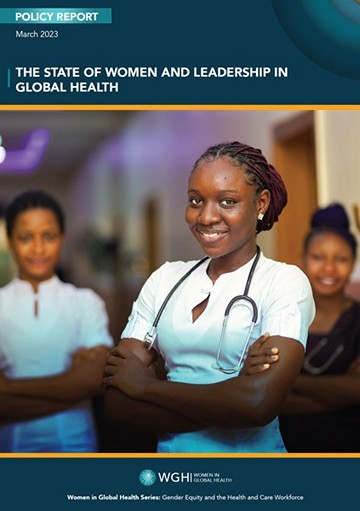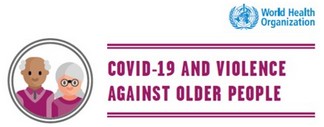Increased Risk of Trafficking During COVID-19 – Higher Vulnerability Especially for Women
Извор: WUNRN – 06.04.2020
OSCE – Organization for Security & Co-Operation in Europe
Statement by OSCE Special Representative for Combating Human Trafficking
Although the COVID-19 threat is universal, the negative consequences of this crisis will be disproportionally carried by the most vulnerable in our societies. Firstly, victims of trafficking face exceptional danger as entrenched systems of exploitation are thrown into disarray and traffickers seek to maintain their revenue through greater violence or new forms of exploitation.
Human trafficking feeds off vulnerability – in particular, gender and economic inequality — and it is a symptom of frailty in our society.
VIENNA, 3 April 2020 – Valiant Richey, OSCE Special Representative and Co-ordinator for Combating Trafficking in Human Beings, today issued the following statement, in co-ordination with Albania’s OSCE Chairmanship, to the OSCE participating States on the COVID-19 pandemic. He urged that, “it is precisely when our global community is convulsed by a crisis of this magnitude that our obligation to combat the exploitation of vulnerable people becomes most acute”. His full statement read:
“With the spread of COVID-19, the world faces an unprecedented threat to public health, which, in turn, poses extraordinary challenges to the economic and social cohesion of all our communities. In the fight against this common enemy, many governments have taken strong preventive measures, often combined with public interventions aimed at alleviating some of the economic losses that those measures inevitably create.
Although the COVID-19 threat is universal, the negative consequences of this crisis will be disproportionally carried by the most vulnerable in our societies. Firstly, victims of trafficking face exceptional danger as entrenched systems of exploitation are thrown into disarray and traffickers seek to maintain their revenue through greater violence or new forms of exploitation. Meanwhile, access to shelters and other support structures is increasingly limited at a time when need is at its greatest. Secondly, as resources gravitate to address public health concerns, attention is diverted from deterring criminal actors, and vulnerable persons already living in precarious circumstances are now at greater risk for being swept into exploitative situations.
The consequences of the current crisis on victims are far-reaching. Trafficking for sexual exploitation is increasingly moving online where traffickers can keep their revenue intact and enhance the isolation of and control over victims, particularly women and girls, who comprise 94% of the victims of trafficking for sexual exploitation. Children, at a time of school closures and potentially more hours spent online, face a greater risk of online grooming. Victims of forced labour find themselves with even fewer options for survival and less legal protection. In the case of trafficking for organ removal, one of the darkest and least addressed forms of trafficking, the impacts of COVID-19 are starting to raise alarm.
In moments of crisis, traffickers will increase their recruitment as more and more people find themselves in dire economic straits. For this reason, it is essential that governments ensure equal access to healthcare, unemployment services, and other welfare services, regardless of recent employment history or legal status, to guarantee that those who need this support the most can effectively access it. Anyone without an income or other form of support is at risk of falling into the hands of traffickers. In these chaotic times, it is vital that States do not let their guard down, but instead strengthen their anti-trafficking efforts.
Human trafficking feeds off vulnerability —in particular, gender and economic inequality — and it is a symptom of frailty in our society. It is precisely when our global community is shaken by a crisis of this magnitude that our obligation to combat the exploitation of vulnerable people becomes most acute. Where trafficking goes unchecked and impunity reigns, the rule of law is undermined and the security and safety of all citizens, especially the most vulnerable, is threatened. For this reason, combating human trafficking is not just a law enforcement responsibility. It is a human, societal and security imperative, and an urgent priority.
The COVID-19 crisis will be remembered for generations, and we have just started to see its transformative impact on our lives. Today, as in all moments of historic change, we have the opportunity to steer our future in a better direction. Inclusive programmes ensuring protection to vulnerable groups can be a powerful tool to break the cycle of exploitation and strengthen exit pathways, giving a real alternative to those in need. With the necessary attention, adequate resources and the right programmes, we can start today to build a better and safer tomorrow for all.”



